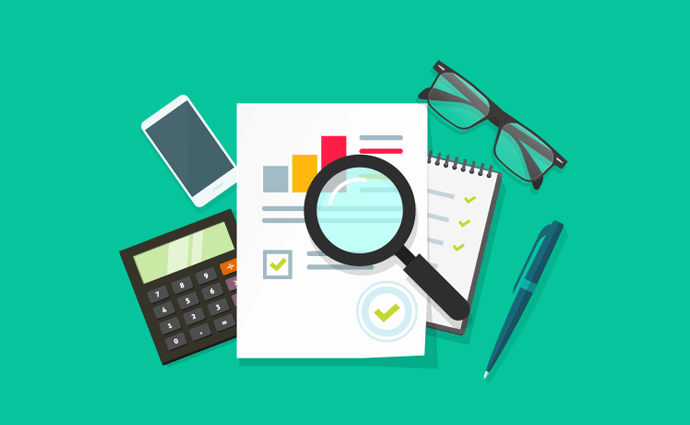Advances in technology have brought the world countless new ways to communicate, access information, and more. With this innovation came a whole host of modern conveniences that make everyone’s lives easier. Unfortunately, it has also brought a whole new era of privacy invasion and data collecting.
Is there a way that you can find a balance of privacy and convenience online? That is the question that everyone tries to answer these days. In the end, governments, corporations, and tech giants track everything that you do online. If you want to keep yourself anonymous, you have to give up some conveniences. In a perfect world, you could have both, but in the real world, you must make choices.
How Has Privacy Changed?
It seems to be a hot topic in the news and media these days. Privacy, or lack thereof, is always being questioned. Things like social media and online shopping have become so ingrained in everyone’s lives that we put our information out there without even thinking about it. It has become a social norm, which would have been unheard of in previous generations.
The convenience of one click to make a purchase or to connect with a friend seems well worth the privacy-breach. Technology has groomed us always to want everything right away, as the world is moving at lightning-like speeds. In these times, it almost seems like a given that you have to give up privacy for convenience, which may not look like a huge sacrifice.
It Is All About Balance
Many companies track consumer information online to try to get an advantage on the competition. Yet, not all tracking aims for financial gain or compliments market research. You are knowingly giving up some of your privacy to be able to use certain services.
Take Google or Facebook, for example. Everyone knows these two tech giants profile you to target with more personalized ads. Yet, how many people do you see giving up Google search or deleting Messenger or Instagram from their phones?
If you want to stay connected with the world, it is almost impossible to say no to share personal information. Even the most basic of internet searches leave a trail of breadcrumbs that someone could potentially follow. You make this decision almost every time you go online on your computer or smart device.
The most important thing to understand here is whether you feel safe with the amount of information you are giving up. It is all about balancing your privacy concerns with how much these conveniences benefit your daily life. Only you can make that call, but know that there are tools to help make things better.
Protecting Privacy Doesn’t Have to Be Difficult
You can read horror stories about identity theft and ransomware almost every day. But it is only prevalent because most people don’t take any precautions to protect their digital privacy and security. Most of the time. These stories come from people being careless. They use passwords like “password” or “qwerty” and believe Nigerian Prince left them a fortune.
Most of the time, online tracking results in extra spam and creepy ads that seem to be reading your mind. Fortunately, most companies gather information only for marketing and consumer research. The problems arise when a data breach happens, and all that information on you falls into the wrong hands. Then you wish that a particular company didn’t have anything on you at all.
You Have Some Choices
Contrary to popular belief, you don’t always have to sacrifice convenience to maintain privacy online. You do need to be proactive and aware of what you are sharing. Here are some tips to help you out:
● Always turn a VPN on when browsing the web. What is a VPN, you may ask? It’s a service that routes your internet traffic through their servers and encrypts your information (https://nordvpn.com/what-is-a-vpn/). It also allows you to mask your IP address by making it look like you are connecting from somewhere completely different.
● Consider using alternative services. You know which companies collect data. You can always choose to use the alternatives. For example, use DuckDuckGo for search, Telegraph for messaging, ProtonMail for email, and Open Street Maps for navigation.
● If you don’t want to quit tech giants, review your privacy settings. Regulations like CCPA and GDPR forced
companies to be transparent about data sharing practices. Nowadays, it is reasonably easy to adjust your settings, so services like Google and Facebook couldn’t retain or track particular data.
It Is All Up to You
Whether you trade privacy for convenience or you want to keep everyone out of your business, it is up to you. As long as you use common sense, you should be okay.
